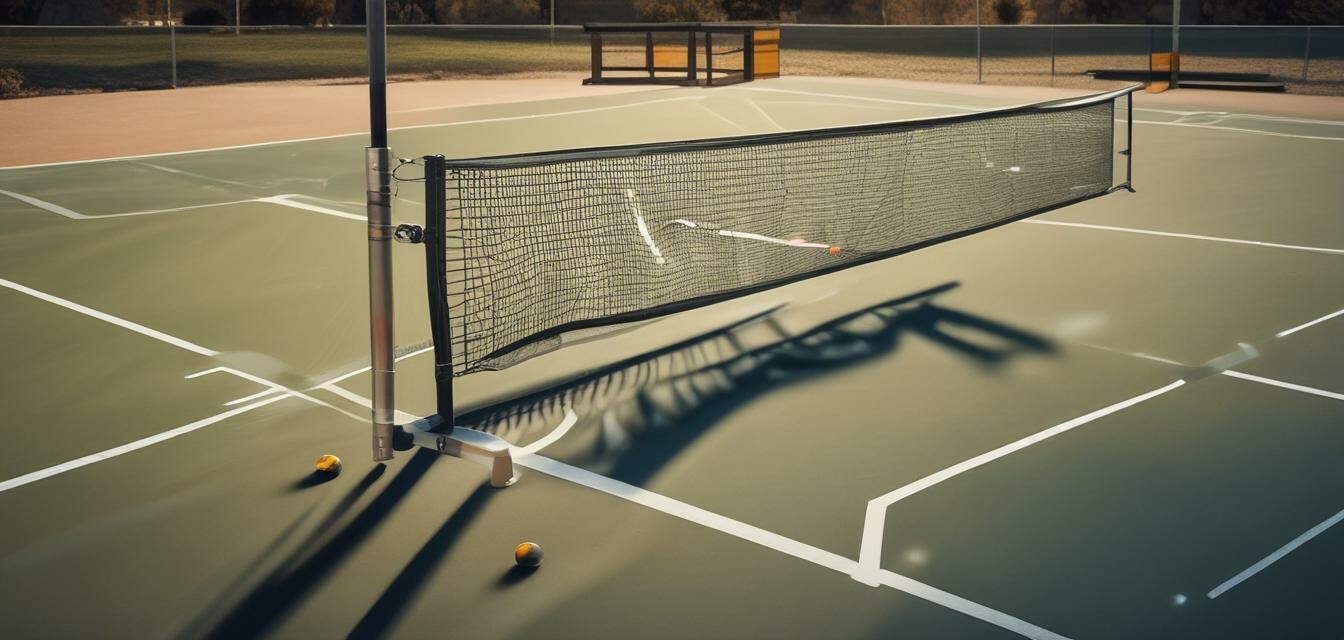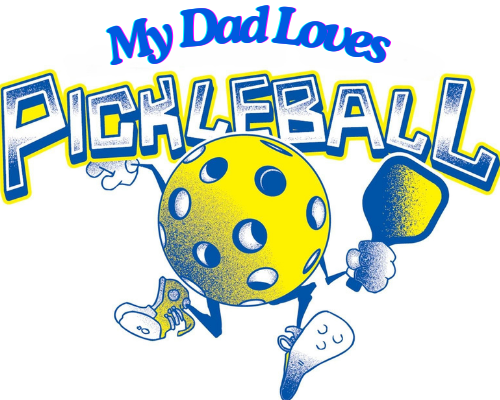
Understanding Pickleball Tactics: Offense vs Defense
Key Takeaways
- Understanding both offensive and defensive tactics is crucial for success in pickleball.
- Each strategy requires specific skillsets and situational awareness.
- Combining tactics can strengthen your overall game.
In the lively world of pickleball, understanding tactics can make a significant difference in a player's performance. Whether you're aiming to enhance your offense or bunker down with defensive plays, a solid grasp of both strategies will serve you well. Today, we will dissect key elements of offensive and defensive tactics to help you elevate your game.
Offensive Tactics in Pickleball
Offense in pickleball revolves around applying pressure to your opponents, dictating the pace of the game, and creating opportunities to score points. Here are some of the strategies to consider:
- Powerful Serves: Initiating a game with aggressive serves can catch your opponents off-guard.
- Baseline Play: Hitting aggressive shots from the baseline forces the opponent to play defensively.
- Positioning: Keep moving towards the net; the closer you are, the easier it is to make precise shots.
- Placement: Aim to hit the ball where your opponents are not positioned.
Table Strategies for Offensive Play
| Strategy | Description |
|---|---|
| Cross-Court Shots | Utilizing angles to make every return difficult for your opponent. |
| Dink Shots | This soft shot keeps your opponent guessing and can draw them closer to the net. |
| Smashes | Powerful overhead shots to end rallies effectively. |
Defensive Tactics in Pickleball
Contrary to offense, defensive tactics focus on preventing your opponent from scoring while creating opportunities to counterattack. Here’s how you can enhance your defense:
- Staying Patient: Wait for your opponent to make a mistake rather than forcing a play.
- Defensive Positioning: Always have your body in a position to react quickly to returns.
- Shot Selection: Opt for safer plays instead of risky shots.
- Utilizing Lobs: When an opponent is too aggressive at the net, lob to create space and reset the point.
Table Strategies for Defensive Play
| Strategy | Description |
|---|---|
| Footwork | Good footwork allows quick repositioning for better returns. |
| Anticipation | Read your opponent’s body language to predict their shot. |
| Controlled Returns | Focus on returning the ball with placement over power, maintaining control of the rally. |
Combining Offense and Defense
The most successful players seamlessly integrate both offensive and defensive strategies. Understanding when to switch between the two is essential. Here are tips to achieve balance:
- Evaluate your opponent's weaknesses and adjust your strategy accordingly.
- Practice switching from an offensive mindset to a defensive one during drills.
- Stay mentally flexible; the game can change in an instant.
Conclusion
Mastering both offensive and defensive tactics in pickleball will significantly enrich your gameplay experience. The best players learn to adapt their approach based on the flow of the game, striking a balance between keeping the pressure on their opponents while also defending their own strategy. For more tips on enhancing your game, check out our Tips & Tactics blog!
Pros
- Improved game awareness and decision-making.
- Increased ability to adapt to opponents' strategies.
- Enhanced skills leading to a more enjoyable game.
Cons
- Requires time and practice to master both strategies.
- Mixing strategies might lead to confusion without adequate training.
Further reading
To dive deeper into enhancing your gameplay, explore our other resources:


